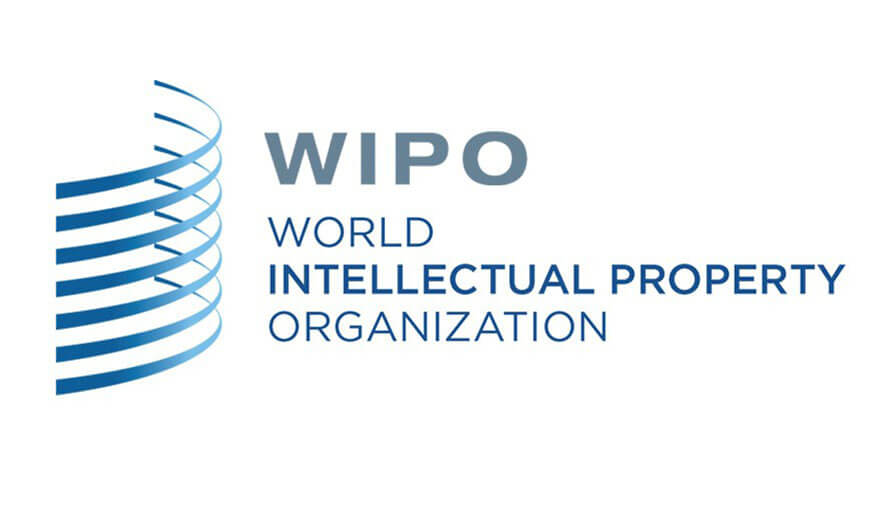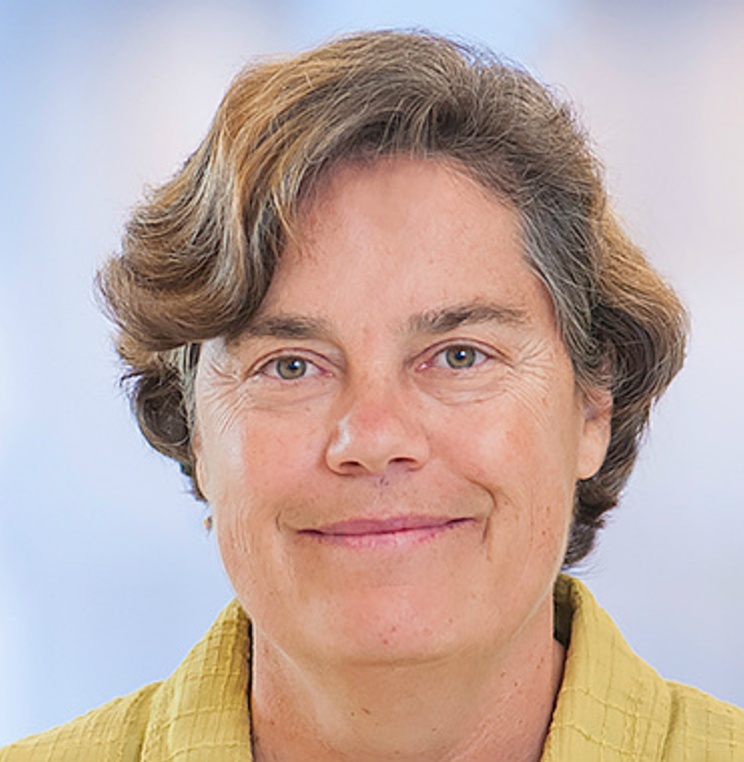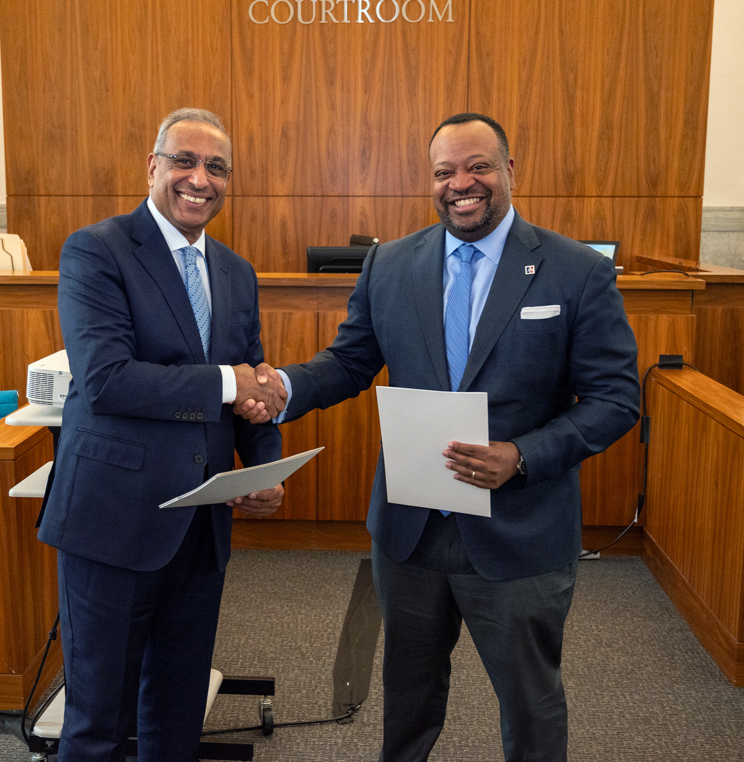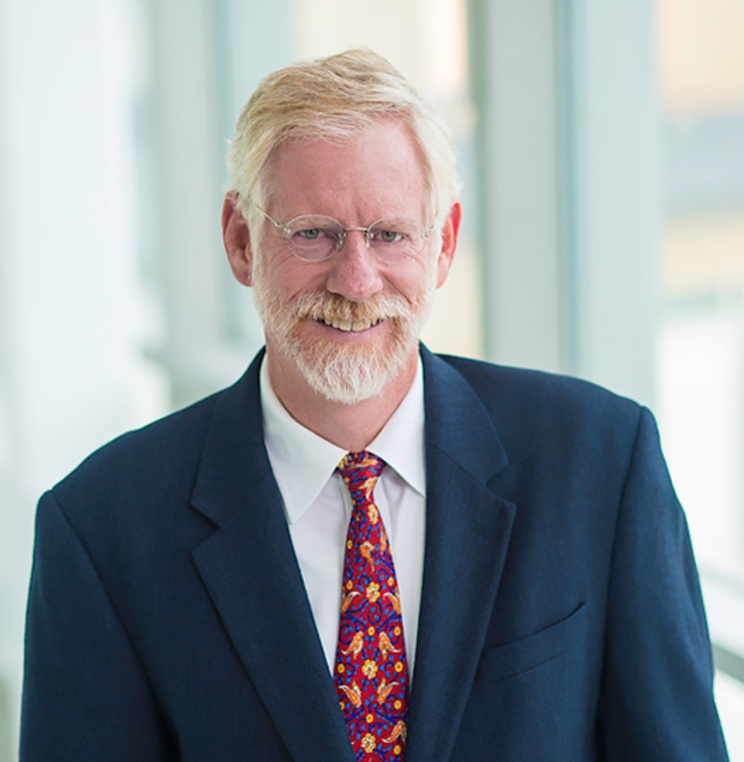Right to Research Network Statements at the 41st WIPO Standing Committee on Copyright and Related Rights
July 16, 2021

Last month, the World Intellectual Property Organization (WIPO) held its 41st session of the Standing Committee on Copyright and Related Rights (SCCR). Members of the Civil Society Coalition on the Right to Research in International Copyright made a series of official statements for the record.
This is the second time the SCCR has met since the beginning of the COVID-19 pandemic in an effort to evaluate and solve the impact the pandemic has had on IP-related issues. On the SSCR 41 Agenda, there was a discussion slated on the Limitations and Exceptions for educational and research institutions (Agenda Item 7) which the SCCR has encouraged members to make general comments on the SCCR Report (SCCR/40/2) and provide input on potential next steps.
Sean Flynn, Director of the Program on Information Justice and Intellectual Property at American University Washington College of Law wrote a note in which he points to pages 72-73 of the SCCR Report which include the “next steps identified by the WIPO Secretariat.” Flynn emphasizes that the purpose of the section on priorities “is for the Member States to decide for themselves what the next steps of the agenda should be” and that the two short proposals by the Secretariat should be omitted. Brevity, in general, is Flynn’s concern with the Report as he says that it does not “record all the ideas for next steps identified by Member States, experts, and beneficiaries. In particular, the Report does not reflect the support for work international instruments on topics such as preservation, online and cross border uses to serve important purposes such as education and research.” He suggests in place of the Secretariat’s proposals, the full catalog of suggestions by Member States should be added.
Teresa Nobre, on behalf of COMMUNIA, released a statement including their suggestions to the SCCR. COMMUNIA emphasizes the importance of an “international legal instrument” and that the Committee needs to set a work plan to put this instrument into action as information sessions will not be enough.
Electronic Information for Libraries (EIFL) recommended in their statements “WIPO should develop a Recommendation to clarify and promote existing flexibilities that permit online uses for education, and access to library collections” as a first step in this crisis. They explain that COVID-19 is just one type of emergency, with another being the University of Cape Town Jagger Library fire being another, that serve as a “reminder of the pressing and urgent need for robust preservation rights to mitigate against disasters.”
Anubha Sinha, on behalf of the Centre for Internet and Society (CIS) India, also concluded in their statement that other member states have already provided suggestions that CIS India agrees are useful that WIPO should use as guidelines. She also states the importance of bearing in mind that “there exists wide socio-economic disparity in the region, and there has traditionally been a strong reliance by students and researchers on knowledge generated in foreign countries” emphasizing that a lack of unification in international limitations and exceptions will disproportionally affect developing countries.
Knowledge Ecology International (KEI) in their statement emphasized that the Committee should address two areas for global norms for limitations and exceptions in the current work program: (1) an instrument on preservation and archiving and (2) an extension of the proposed benefits to persons with other disabilities that “would be consistent with the UN Convention on the rights of persons with disabilities.”
The Right to Research in International Copyright is a project launched by PIJIP at the start of 2021 with support from the Arcadia Fund. It aims to define and implement rights to research within international copyright law, and through multilateral institutions such as the World Intellectual Property Organization.The project aims to produce high impact research, provide training to a global network of change makers, and connect a global academic network to the work of global and domestic organizations that represent researchers, libraries, museums, archives, educational and research institutions. PIJIP chairs the network's Academic Advisory Board, and is one of the lead organizations in the Civil Society Network.


